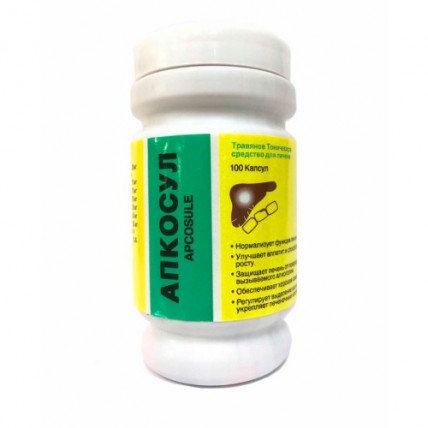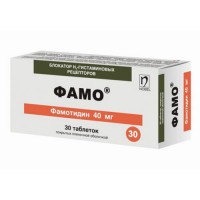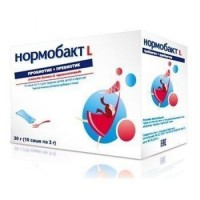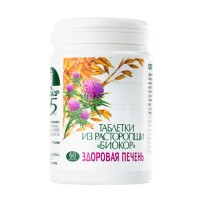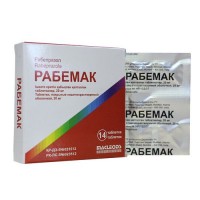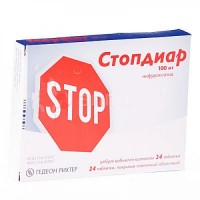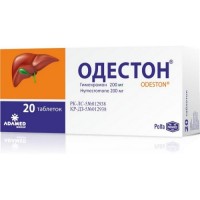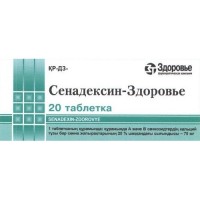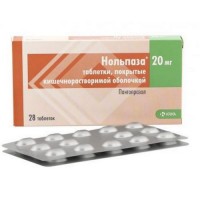What is APCOSULE Liver Tonic?
APCOSULE Liver Tonic is a herbal-based supplement designed to support liver health.
It contains a unique combination of ingredients that help regenerate and protect liver cells, enhance bile production, and improve digestion.
The tonic is also beneficial for supporting overall digestive health, stimulating appetite, and offering relief from symptoms like bloating and indigestion.
Additionally, APCOSULE may aid in recovery after liver-related illnesses and improve the body's metabolism.
It is particularly useful during periods of liver stress or after intensive treatments such as antibiotics.
What are the main ingredients in APCOSULE Liver Tonic?
APCOSULE Liver Tonic contains a blend of herbal ingredients and iron oxides that provide various health benefits.
The key components include:
- Mandur Basma (Iron oxides) – 33 mg: Helps support digestion and boosts hemoglobin levels.
- Capparis Spinosa (Kakdani) – 75 mg: Aids in liver tissue regeneration.
- Cichorium Intybus (Kasni) – 75 mg: Promotes bile secretion and alleviates inflammation and spasms.
- Solanum Nigrum (Makoy) – 25 mg: Enhances liver metabolism and provides antiviral protection, particularly against Hepatitis B.
- Cassia Occidentalis (Kasondi) – 25 mg: Acts as a natural sorbent, reducing inflammation and functioning as a mild laxative.
- Terminalia Arjuna (Arjuna) – 32 mg: Offers diuretic properties, reducing inflammation and supporting liver health, especially in cases of cirrhosis.
- Achillea Millefolium (Yarrow) – 25 mg: Has diuretic, astringent, and antiseptic effects, enhancing the immune response.
The formula also contains lactose, methylparaben, microcrystalline cellulose, colloidal silica, povidone, purified talc, and magnesium stearate to ensure the supplement's stability and effectiveness.
How does APCOSULE Liver Tonic work?
APCOSULE Liver Tonic works by protecting the liver from harmful factors while promoting the regeneration of hepatocytes (liver cells).
Its ingredients help reduce fatty liver infiltration, stimulate liver enzymes, and support the body's ability to digest food efficiently.
The tonic also aids in improving appetite, enhancing the absorption of nutrients, and reducing bloating.
Additionally, by boosting bile secretion and improving liver metabolism, APCOSULE supports the liver's overall function.
What are the benefits of using APCOSULE Liver Tonic?
The benefits of APCOSULE Liver Tonic include:
- Protection of liver cells from damage.
- Promotion of liver regeneration and recovery from liver diseases.
- Enhanced digestion and relief from symptoms like bloating and gas.
- Support in the treatment of fatty liver and liver inflammation.
- Boosting of hemoglobin levels and improved bile production.
- Strengthening of the immune system and stimulation of appetite.
When should I use APCOSULE Liver Tonic?
APCOSULE Liver Tonic is recommended for individuals experiencing liver dysfunctions such as fatty liver degeneration or as an adjunctive treatment for liver cirrhosis.
It is also suitable during recovery from Hepatitis or following treatment with antibiotics.
Furthermore, those suffering from appetite loss, digestive issues, or bloating may benefit from its use.
How should I take APCOSULE Liver Tonic?
For best results, take 1–2 APCOSULE capsules 2–3 times a day with water after meals.
It is recommended to follow this regimen for 4 to 6 weeks.
If necessary, treatment can be extended to 3 months.
Are there any side effects of APCOSULE Liver Tonic?
APCOSULE Liver Tonic is generally well-tolerated. In rare cases, allergic reactions may occur.
If you experience any unusual symptoms, it is advised to discontinue use and consult a healthcare professional.
Who should avoid using APCOSULE Liver Tonic?
APCOSULE Liver Tonic should not be used by individuals with hypersensitivity to any of its ingredients.
It is not recommended for children under the age of 10.
The safety of this supplement during pregnancy and breastfeeding has not been established, so it is advised to avoid using it during these periods.
Can I take APCOSULE Liver Tonic with other medications?
Currently, there is no information on interactions between APCOSULE and other medications.
However, it is always recommended to consult a healthcare provider before combining supplements with other treatments.
What should I do in case of an overdose?
In case of an overdose, symptomatic treatment should be provided.
If you suspect an overdose, seek medical advice immediately.
